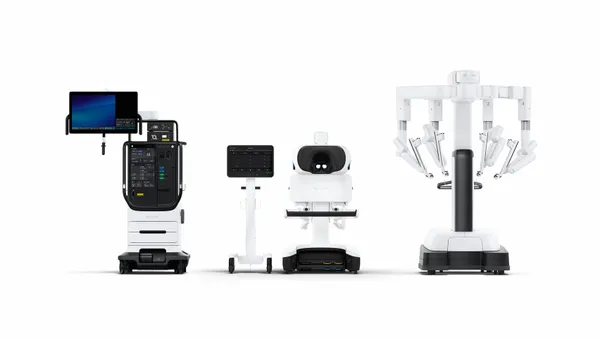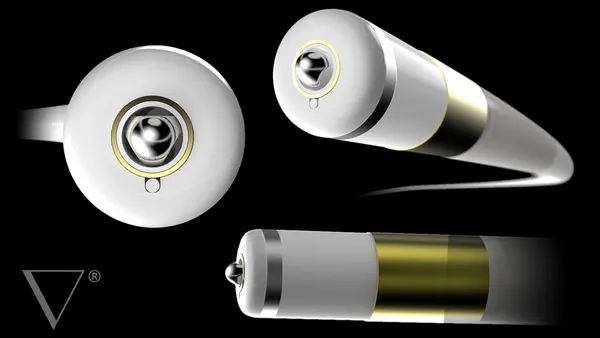Dive Brief:
- The American Clinical Laboratory Association, AdvaMedDx and the Biotechnology Innovation Organization urged Congress in a letter Friday to finalize changes to proposed legislation overhauling diagnostics regulation by the end of the year.
- Industry groups asked Senate HELP Committee and House Energy & Commerce Committee leaders to hold public meetings this spring to hash out revisions to the Verifying Accurate, Leading-Edge In Vitro Clinical Test Development Act discussion draft.
- HHS recently provided new technical assistance on the VALID Act, calling attention to the need for FDA to maintain jurisdiction over in vitro clinical tests and proper funding for FDA through the establishment of a user fee program to implement the legislation. The department also took the position that not all IVCT test groups need to be classified based on risk.
Dive Insight:
The letter signals that despite the differences between clinical labs and diagnostic manufacturers, the industry wants to keep the legislation at the top of mind for Congress before the election and user fee negotiations suck oxygen away from the effort next year.
Still, roadblocks remain, according to Liz Richardson, a project director for health care products at The Pew Charitable Trusts.
"At the Hill level, I don't things have particularly changed ... There are competing priorities at the committee level, and they are still looking for a Republican sponsor on the Senate side," Richardson said.
The first step may be a new version of the VALID Act incorporating the latest round of feedback from stakeholders and FDA followed by a hearing on the legislation.
"We feel that this is an important juncture in time for discussions to take place in earnest to improve the VALID Act draft. Our aim is to have that draft be improved so innovation is clearly fostered by having a regulatory framework that would apply to all IVCTs," AdvaMedDx executive director Susan Van Meter told MedTech Dive.
In its latest technical assistance, HHS maintained it believes FDA should be able to evaluate underlying raw data during premarket review of IVCTs.
"HHS believes that submission of summary data in a premarket application is appropriate for most tests, but FDA must be able to obtain additional information if needed without undue burden, particularly to evaluate the relatively small proportion of tests that would require full premarket review," the HHS document states.
The department also called the VALID Act’s precertification proposal "a key component of a new flexible regulatory framework," but it remains unclear if Democrats are on board with the proposal. In January bill co-author Rep. Diana DeGette, D-Colo., told MedTech Dive precertification is something Democrats would be talking specifically about.
"Although HHS’s prior [technical assistance] suggested limiting the scope by both technology and medical subspecialty, HHS agrees that many medical specialties can be addressed in a single precertification provided they are stated up front by the developer, supported by appropriate procedures for establishing clinical validity, and contemplated in the selection of a representative assay for purposes of recertification," HHS wrote in its technical assistance.
Energy & Commerce Committee Chairman Frank Pallone, D-N.J., did not respond to questions about the timeline for a hearing, but a Republican committee spokesperson said a new version of the draft legislation followed by a hearing in the late summer or fall is the goal.
It appears FDA acting commissioner Ned Sharpless is continuing former Commissioner Scott Gottlieb’s support for the IVCT legislation. In a speech to the Food and Drug Law Institute last week, Sharpless said legislation creating a consistent approach for all IVCTs is an agency priority.













